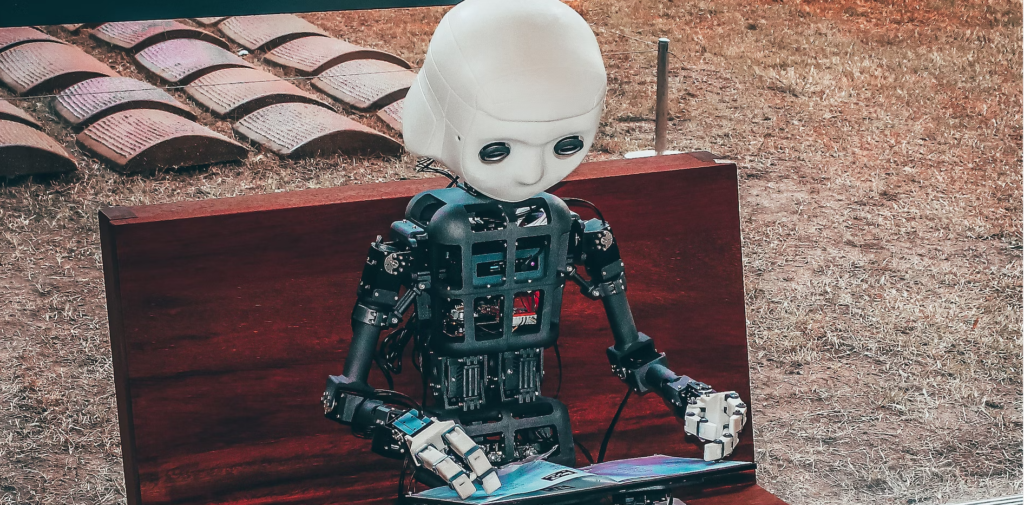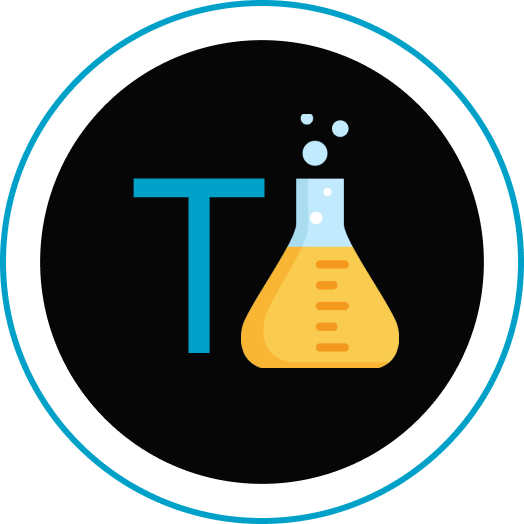[et_pb_section admin_label=”section”]
[et_pb_row admin_label=”row”]
[et_pb_column type=”4_4″][et_pb_text admin_label=”Text”]
Welcome to a fresh category entry based on AI and its new applications, below is a short summary of AI and its upcoming blogs on this site.
AI: Revolutionizing the World

Artificial intelligence (AI) is rapidly transforming our world, impacting every aspect of our lives, from the way we work and communicate to the way we learn and play. While AI has been around for decades, it has only recently begun to reach its full potential due to advancements in computing power, data availability, and algorithms.
What is AI?
AI is a broad field of computer science that seeks to create intelligent machines that can simulate human cognitive functions. These machines can learn, reason, solve problems, and make decisions autonomously. AI is often categorized into two main types:
- Narrow AI (also known as weak AI) is designed to perform specific tasks, such as playing chess or recognizing faces. Narrow AI is the most common type of AI in use today.
- Artificial general intelligence (also known as strong AI) is a hypothetical type of AI that would be able to perform any intellectual task that a human can. AGI does not yet exist, but it is the ultimate goal of many AI researchers.
Applications of AI
AI is being used in a wide range of applications, including:
- Healthcare: AI is being used to develop new drugs, diagnose diseases, and provide personalized treatment plans.
- Finance: AI is being used to detect fraud, manage risk, and make investment decisions.
- Transportation: AI is being used to develop self-driving cars, improve traffic flow, and optimize logistics.
- Retail: AI is being used to personalize shopping experiences, recommend products, and automate customer service.
- Manufacturing: AI is being used to improve product quality, reduce costs, and optimize supply chains.
Benefits of AI
AI has the potential to bring about many benefits, including:
- Increased productivity: AI can automate tasks, which can free up humans to focus on more creative and strategic work.
- Improved decision-making: AI can analyze large amounts of data to identify patterns and trends that humans might miss. This can lead to better decision-making in a variety of fields.
- New products and services: AI can be used to develop new products and services that were not possible before. For example, AI-powered virtual assistants can provide 24/7 customer support.
- Reduced costs: AI can automate tasks and improve efficiency, which can lead to reduced costs for businesses and consumers.
Challenges of AI
AI also presents several challenges, including:
- Job displacement: As AI becomes more sophisticated, it is likely to displace some jobs. This could lead to increased unemployment and social unrest.
- Bias: AI systems can be biased, which can lead to unfair discrimination. For example, an AI system that is used to make hiring decisions may be biased against certain groups of people.
- Safety: AI systems can be hacked or malfunction, which could lead to safety risks. For example, an AI-powered self-driving car could cause an accident.
- Ethics: AI raises a number of ethical questions, such as who should control AI systems and how should they be used.
The Future of AI
The future of AI is uncertain, but it is likely to have a profound impact on our world. AI has the potential to solve some of the world’s most pressing problems, but it is important to carefully consider the potential risks and challenges before deploying AI systems.
As AI continues to develop, it is important to ensure that it is used responsibly and ethically. We need to develop clear guidelines for the development and use of AI, and we need to ensure that AI systems are not used to harm humans.
Conclusion
AI is a powerful tool that has the potential to make our world a better place. However, it is important to use AI responsibly and ethically. We need to carefully consider the risks and challenges of AI, and we need to develop clear guidelines for its use. If we do so, AI can help us to solve some of the world’s most pressing problems and create a brighter future for all.
Also Read: Why Autoblogging.ai is the Best AI Writing Tool for Content Creators
Snapchat AI: How to change snapchat ai gender
Thanks for coming to this page, this page will bring more upcoming content on AI and new tech and tools in AI. Stay tuned and read more on tronlab.in!
[/et_pb_text][/et_pb_column]
[/et_pb_row]
[/et_pb_section]
